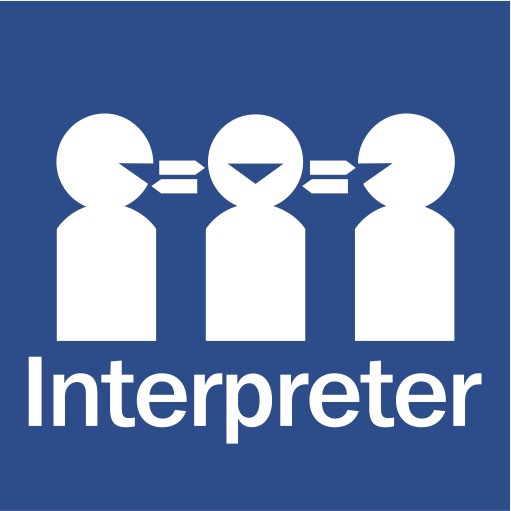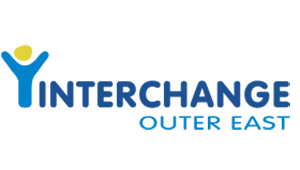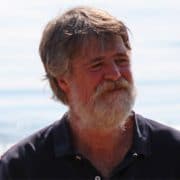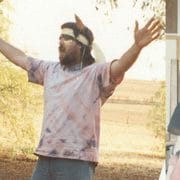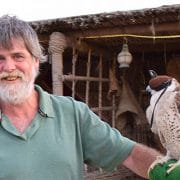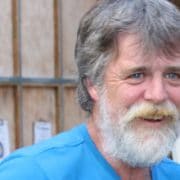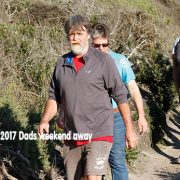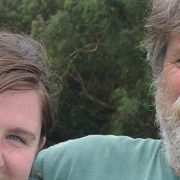2020 AND BEYOND ,,,
Alexander Pope: “to err is human, to forgive divine …” I have been pondering how we are traveling along the road of good intention as poetically described by Mr Pope in the 17th century. Sometimes I think we live in a world that demands accuracy and we are becoming less tolerant of people making mistakes. Yet at other times we accept people choosing not to err but to downright lie and not seek forgiveness but perpetrate the myth…and getting away with it, and still being supported!
We live in a technological age that can check for accuracy. Now while sport is a game, there is this focus on ensuring that human error is eliminated. VAR, DRS, Goal review systems and other technologies are introduced to ensure that truth prevails in sport. This is technology trying to turn art into science … colour by numbers rather than accepting the imagination and interpretation of the person doing the drawing. I yearn for the much loved dodgy decisions made by people in sport. It may affect a moment in time but it all works out in the wash. “Analogue” decision makers (aka people) can be creative, have a bit of fun, and even do a little good. I remember an umpire giving a free kick to a kid in a football game for absolutely no reason except that he hadn’t had a kick and his opponent was too good.
At the same time we demand accuracy in sporting decisions, we accept and support leaders who tell lies, perpetuate myths, claim fake news and even attack young people who have the temerity to say … hey its getting a bit wild in the climate area – why don’t you do something? Are we too focused on achieving divinity that we just accept our leaders talking tripe and forgive them? Is world leadership and diplomacy not as important as Carlton being given a goal when it hit the post? Do we hold a goal umpire more accountable than the so called leader of the free world? Where is the technology holding elected bullies to account?
As much as some would like a technological solution (I don’t) for the worlds “errs” it will always be imperfect. Humans will make errors. Interchange aims to offer a human service that gets it right most of the time, however if we were to aim to totally eliminate errors, it would only serve to eliminate service, creativity, flexibility and humanity from the agency. I want Interchange to give a dodgy free kick here and there. Moving into 2020 we will make mistakes, we will own our “errs” and continue to improve.
My only hope is that our world leaders will own their “errs”
I wish all a great holiday period and a happy new year.
Cheers
Fred
